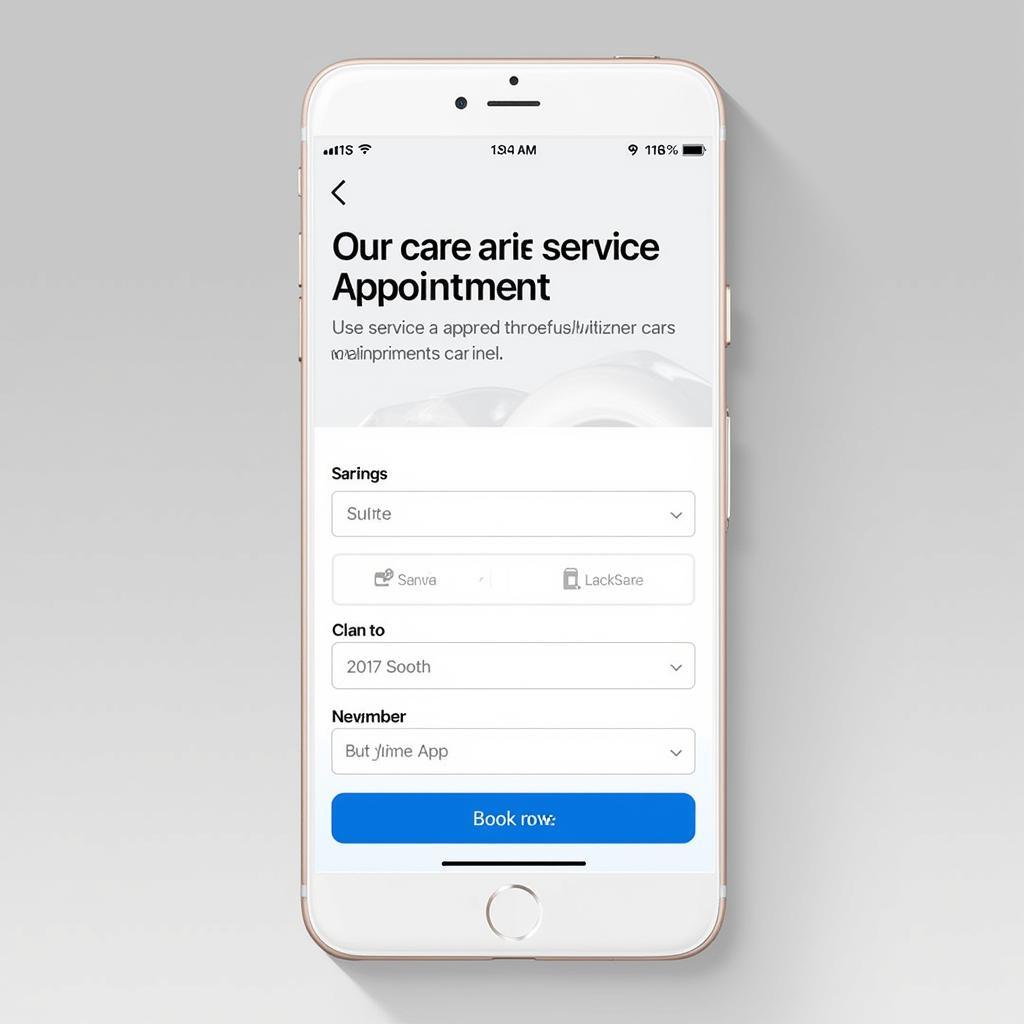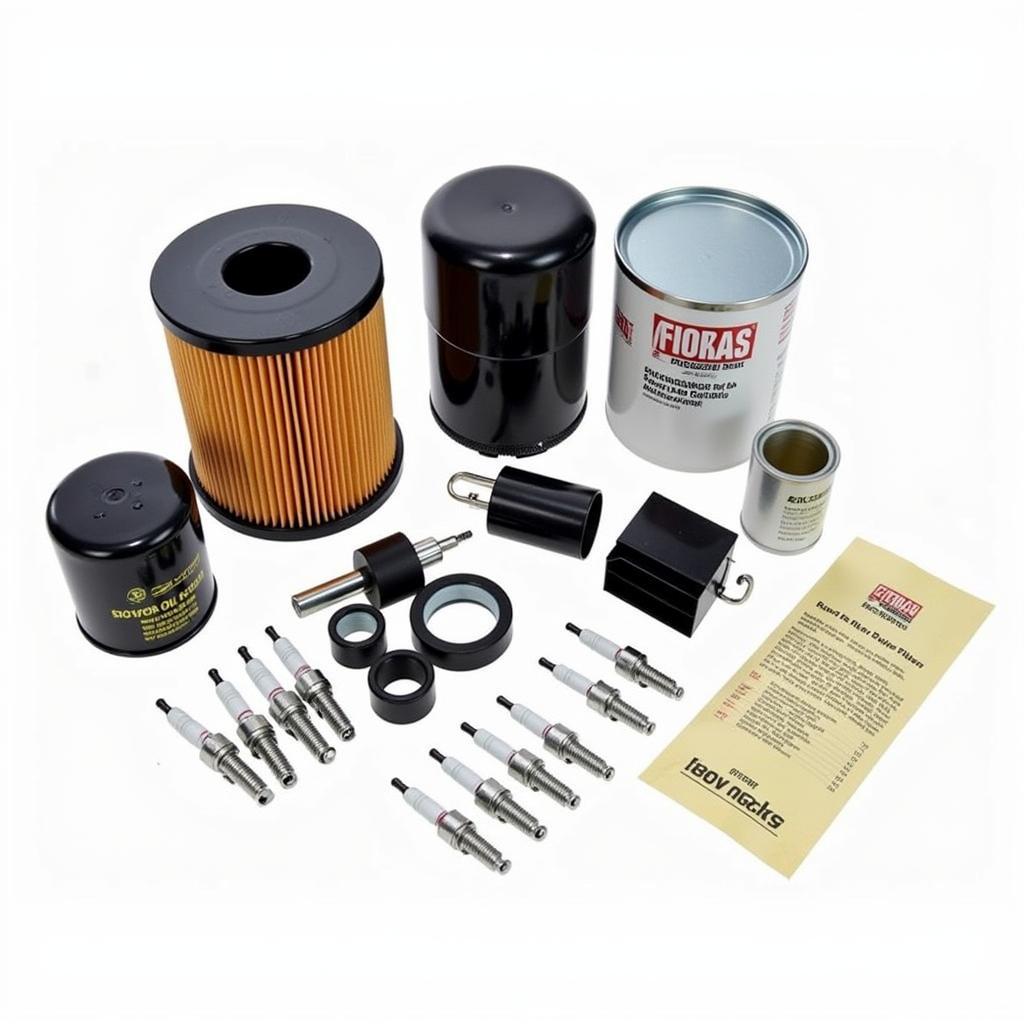When Do You Get Your Car Serviced? A Comprehensive Guide
Knowing when to get your car serviced can be a bit of a head-scratcher. Do you wait for a warning light to pop up on your dashboard? Or is there a secret schedule only mechanics know about? Don’t worry; we’re here to break it all down for you.
This comprehensive guide will walk you through the ins and outs of car servicing, helping you understand the best time to bring your car in for some TLC.
Why is Regular Car Servicing So Important?
Think of your car like an athlete; to perform at its best, it needs regular check-ups and maintenance. Regular servicing not only keeps your car running smoothly but also:
- Prevents Costly Repairs: Catching minor issues early can prevent them from snowballing into major (and expensive) problems down the road.
- Enhances Safety: A well-maintained car is a safer car. Regular servicing ensures all safety features are in tip-top shape, giving you peace of mind on the road.
- Improves Fuel Efficiency: A well-tuned engine runs more efficiently, saving you money at the pump.
- Increases Your Car’s Lifespan: Just like a healthy lifestyle keeps you going longer, regular servicing can significantly extend the life of your vehicle.
Decoding the Mystery: When to Service Your Car
There are two main approaches to determining your car service schedule:
1. Following the Manufacturer’s Recommendations
Your car’s owner’s manual is your best friend when it comes to service intervals. Manufacturers outline specific service schedules based on mileage and time intervals. These schedules typically include:
- Oil Changes: Every 3,000-5,000 miles for conventional oil, or 7,500-10,000 miles for synthetic oil (check your owner’s manual for specific recommendations).
- Tire Rotations: Every 5,000-8,000 miles.
- Brake Inspections: Every 15,000-30,000 miles.
- Fluid Checks and Changes: Various intervals depending on the fluid (engine coolant, brake fluid, transmission fluid, etc.).
Pro Tip: Sticking to the manufacturer’s recommended service schedule helps maintain your car’s warranty.
2. Listening to Your Car
While the manufacturer’s schedule is a great guideline, your car may need attention between scheduled services. Here are some telltale signs your car is asking for a check-up:
- Unusual Noises: Any new squeaks, rattles, grinding, or knocking sounds should be investigated.
- Warning Lights: Don’t ignore those dashboard lights! They’re trying to tell you something.
- Fluid Leaks: Check your garage floor for any suspicious puddles.
- Vibration or Pulling: If your car vibrates excessively or pulls to one side, it’s time for a visit to the mechanic.
- Changes in Performance: Notice a decrease in fuel efficiency, acceleration, or overall performance? Don’t wait to get it checked out.
“Regular car servicing is like going to the dentist; it’s better to address small issues before they become major problems,” says John Smith, Head Mechanic at ABC Auto Repair.
Factors Affecting Service Intervals
While mileage and time are crucial factors, other elements can influence how often your car needs servicing:
- Driving Conditions: Frequent stop-and-go city driving, extreme weather conditions, and rough terrain can put extra wear and tear on your vehicle.
- Driving Habits: Aggressive driving, frequent towing, or carrying heavy loads can also shorten service intervals.
- Vehicle Age and Mileage: Older cars with higher mileage might require more frequent servicing.
 Car Service Appointment Booking
Car Service Appointment Booking
What Does a Car Service Typically Include?
A standard car service usually covers:
- Oil and Filter Change: Essential for engine lubrication and longevity.
- Fluid Top-Ups: Ensures optimal levels for brake fluid, coolant, power steering fluid, etc.
- Tire Pressure Check and Adjustment: Keeps your tires rolling safely and efficiently.
- Brake Inspection: Checks for wear and tear on brake pads, rotors, and calipers.
- Battery Test: Assesses battery health and charge.
- Visual Inspection: A mechanic examines your car for any visible signs of wear or damage.
Depending on the service interval and your car’s specific needs, a service might also include air filter replacement, spark plug replacement, or other maintenance tasks.
Finding a Reliable Mechanic
Choosing a trustworthy mechanic is just as crucial as regular servicing. Look for mechanics who:
- Are certified by reputable organizations (ASE certification in the US).
- Have a good reputation (check online reviews).
- Provide detailed explanations and transparent pricing.
When Can I Service My Car?
When can I service my car? You can usually schedule a service appointment at your convenience, but booking in advance is always recommended. Most repair shops offer online booking for added convenience.
Conclusion
Regular car servicing is not an optional expense; it’s an investment in your car’s health, your safety, and your wallet. By following the manufacturer’s recommendations and paying attention to your car’s cues, you can enjoy a smooth and worry-free driving experience.
Remember, when you’re unsure about something, don’t hesitate to consult a qualified mechanic. They’re your go-to experts for keeping your car in top shape.

